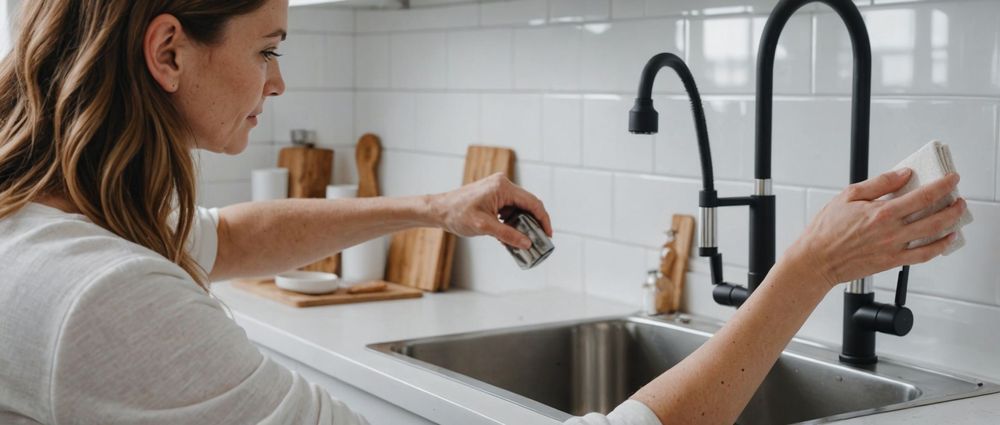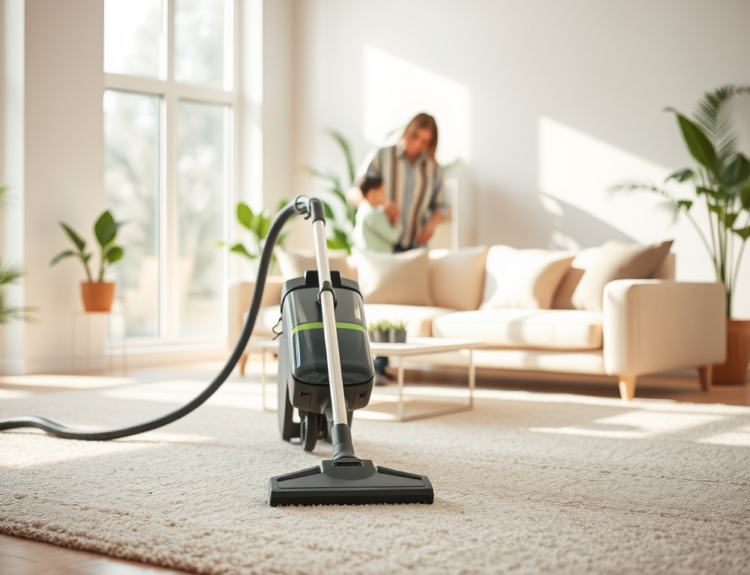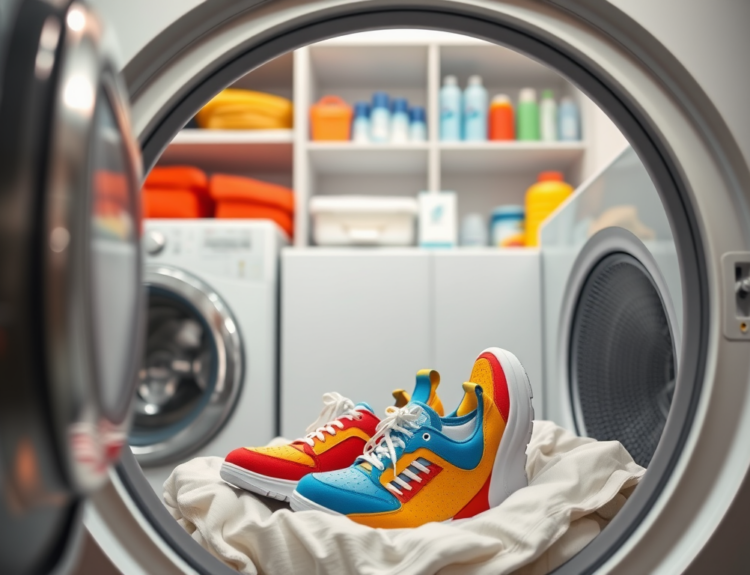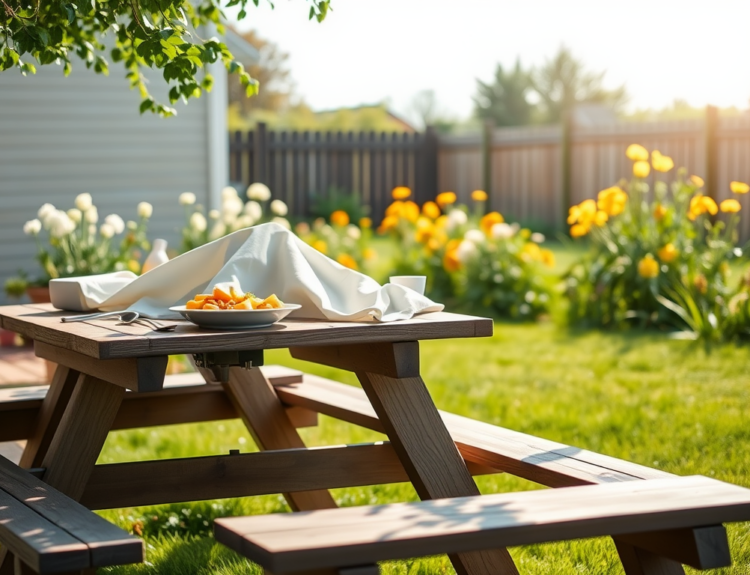Rust stains on tiles can be an unsightly nuisance, detracting from the overall aesthetic of your floors or walls. Fortunately, several proven methods exist to effectively remove these stains and keep your tiles looking pristine. In this article, we will explore easy methods to eliminate rust stains, discuss why they occur, and share prevention tips to avoid future issues.
Understanding Rust Stains
Before tackling rust stains, it’s essential to understand their origin. Rust stains typically occur when iron-containing metals come into contact with moisture and oxygen, causing them to oxidize. They can easily transfer onto tile surfaces, especially in wet environments such as bathrooms or kitchens. The porous nature of many tiles can also compound the problem, allowing rust to seep in and become more difficult to remove over time. Identifying the source of the rust is crucial; it’s often due to rusty pipes, fixtures, or even furniture that may have rusted and come into contact with your tiles.
Effective Methods to Remove Rust Stains
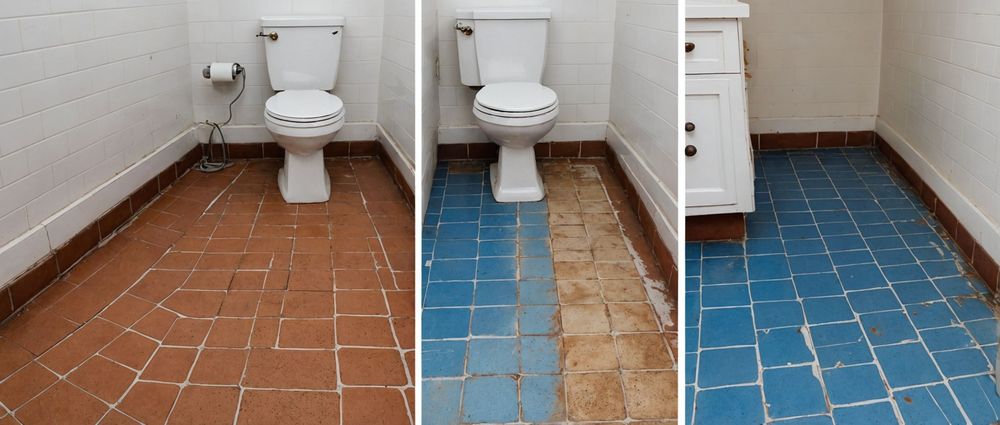
There are several practical approaches to safely and effectively remove rust stains from tiles. Here are some easy methods you can use:
- White Vinegar and Baking Soda: Create a paste by mixing equal parts of white vinegar and baking soda. Apply this paste to the rust stain and let it sit for 5-10 minutes. Then, scrub gently with a soft brush or sponge and rinse thoroughly.
- Lemon Juice and Salt: Sprinkle salt over the rust stain, then squeeze fresh lemon juice onto the salt. Allow this mixture to sit for a few hours, then scrub gently with a damp cloth and rinse off. The acidity of lemon and the abrasiveness of salt work well against rust.
- Commercial Rust Remover: If natural methods are unsuccessful, you can opt for a commercial rust remover. Be sure to follow the manufacturer’s instructions and test on a small, inconspicuous area first to avoid damage to your tiles.
- Hydrogen Peroxide: Applying hydrogen peroxide to rust stains can also be an effective solution. Saturate the stain with hydrogen peroxide, let it sit for about 30 minutes, and then scrub gently before rinsing.
- Oxalic Acid: For more persistent stains, oxalic acid can be effective. However, this should be handled with care. Apply the solution according to the package directions, ensuring to wear gloves and protect surrounding areas.
Best Cleaning Practices
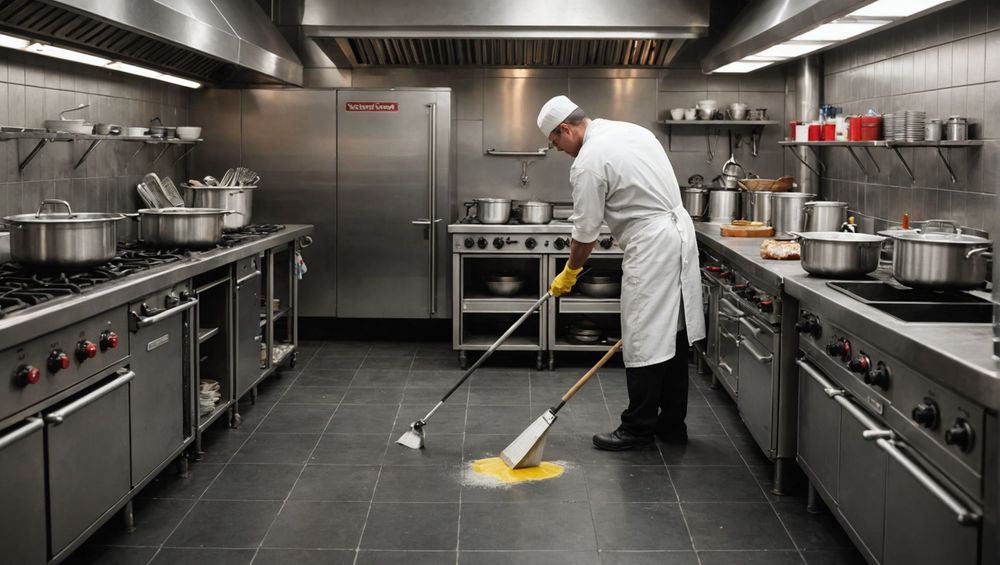
To ensure the longevity of your tiles and prevent future rust stains, consider adopting these best cleaning practices:
- Routine Cleaning: Regularly clean your tiles with a pH-neutral cleaner to keep them free of grime that may promote rust formation.
- Dampness Management: Make sure to manage moisture levels in areas prone to dampness. Use fans or dehumidifiers in bathrooms and kitchens to reduce humidity.
- Inspect Fixtures: Routinely inspect and replace any rusty fixtures, pipes, or furniture that might cause rust stains on your tiles.
- Seal Your Tiles: If your tiles are porous, consider applying a sealant. This can create a protective barrier, making it harder for rust to infiltrate.
- Immediate Action: Address any rust stains as soon as they occur. The quicker you act, the easier it will be to remove them.
When to Seek Professional Help
While many rust stains can be removed with household products and minor effort, some situations may warrant the expertise of a professional cleaner. If rust stains are widespread or if the tiles are especially delicate or valuable, hiring a professional may be the safest option. Additionally, if you find that the source of the rust is due to plumbing issues or significant water damage, professional intervention is advisable to address the underlying problem. Ultimately, investing in professional cleaning could save you from further damage and costly repairs down the line.
Conclusion
Rust stains on tiles don’t have to be a permanent problem. By understanding their causes and utilizing effective removal methods, you can restore your tiles to their original beauty. Moreover, implementing preventive measures will go a long way in keeping your surfaces rust-free. Simple strategies such as routine cleaning, managing moisture, and promptly addressing spills can significantly mitigate the risk of rust stains appearing in the first place.
FAQs
1. Can vinegar damage my tiles when removing rust stains?
No, vinegar is generally safe for most tiles. However, it’s always advisable to test it on a small, inconspicuous area first, especially on natural stone tiles.
2. Are commercial rust removers harmful to tiles?
Some commercial rust removers can be abrasive. Be sure to read the label, follow instructions, and conduct a patch test to ensure safety.
3. How can I prevent rust stains from occurring on my tiles?
To prevent rust stains, keep your tiles dry, immediately clean up spills, and regularly inspect your fixtures and plumbing for rust.
4. Is it necessary to seal tiles to prevent rust stains?
While not necessary for all tiles, sealing porous tiles can provide an added layer of protection against stains, including rust.
5. Can I use bleach to remove rust stains from tiles?
Bleach is not recommended for rust stains as it may react with the rust and worsen the stain, or damage the tile’s surface. Stick to safer alternatives.
